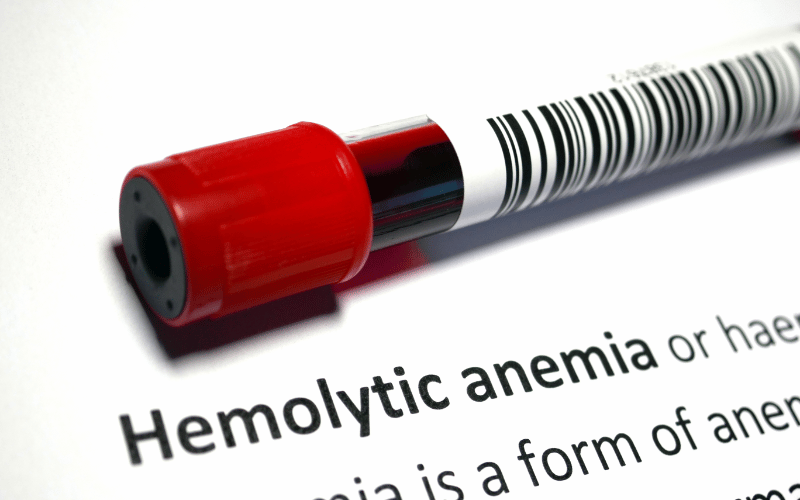Introduction: Delving into the Intricacies of Hemolytic Anemia
Hemolytic anemia is a complex blood disorder that affects the red blood cells (RBCs) in the body. These cells play a crucial role in transporting oxygen from the lungs to tissues and organs. In hemolytic anemia, the red blood cells are destroyed at a faster rate than they can be produced, leading to a shortage and causing various symptoms such as fatigue, shortness of breath, and jaundice. The causes of hemolytic anemia are numerous and diverse, which makes it essential to understand and identify the triggers in order to provide appropriate treatment and effectively manage the condition.
This article aims to shed light on the top 10 causes of hemolytic anemia, offering valuable insight into the different forms and triggers associated with each cause. We will also discuss the underlying mechanisms and risk factors, helping you gain a deeper understanding of this blood disorder and its many complexities. Armed with this knowledge, you will be better equipped to recognize the signs of hemolytic anemia and seek prompt medical attention for yourself or your loved ones.
Cause 1: Autoimmune Hemolytic Anemia (AIHA)

When the Immune System Fights the Wrong Enemy
Autoimmune hemolytic anemia (AIHA) is a form of hemolytic anemia where the body’s immune system mistakenly attacks and destroys its own red blood cells. This immune response can be triggered by various factors, including infections, certain medications, and underlying autoimmune conditions like lupus and rheumatoid arthritis.
There are two main types of AIHA: warm antibody AIHA and cold antibody AIHA. Warm antibody AIHA is the more common form and is characterized by the destruction of RBCs at normal body temperature. Cold antibody AIHA, on the other hand, occurs when RBCs are destroyed at lower temperatures, typically in the extremities.
AIHA can be a challenging condition to diagnose and manage, as it often presents with similar symptoms to other types of anemia. Early detection and appropriate treatment are critical in preventing complications and improving the patient’s quality of life. (1)